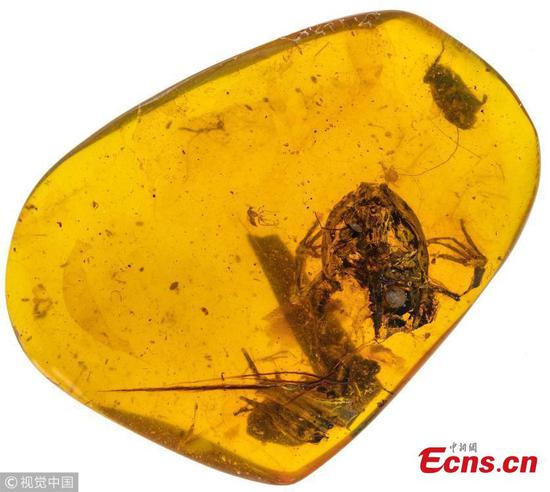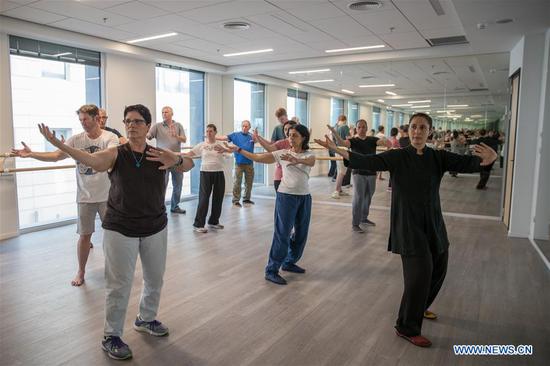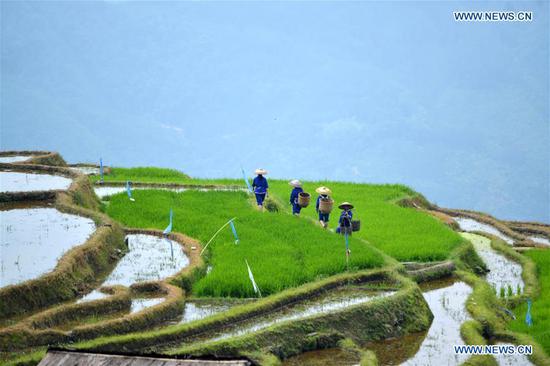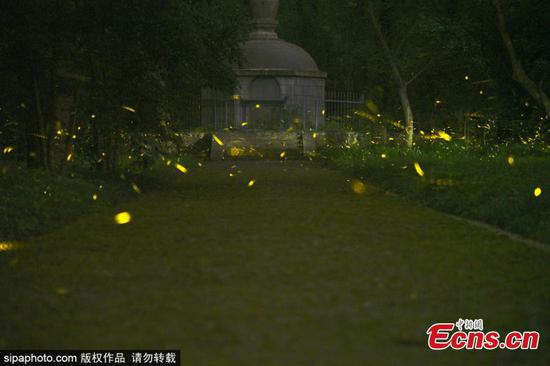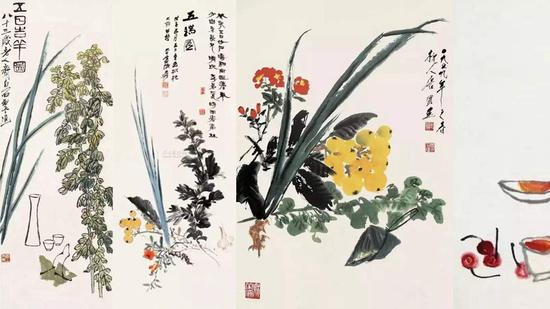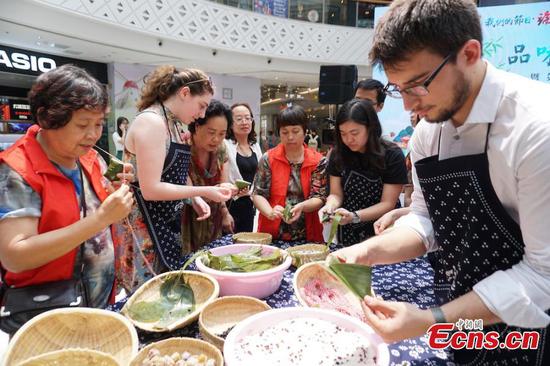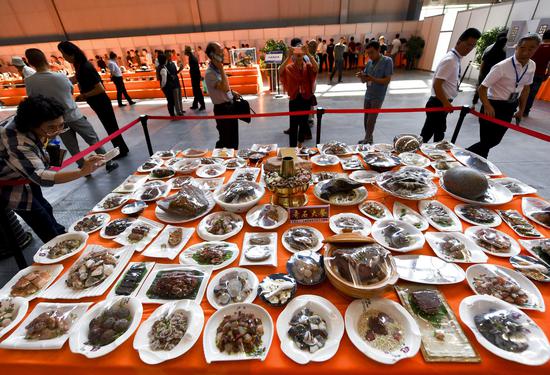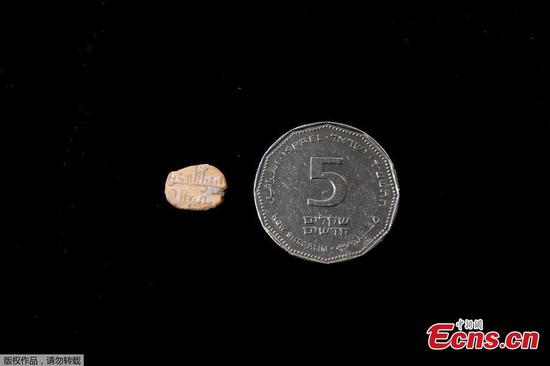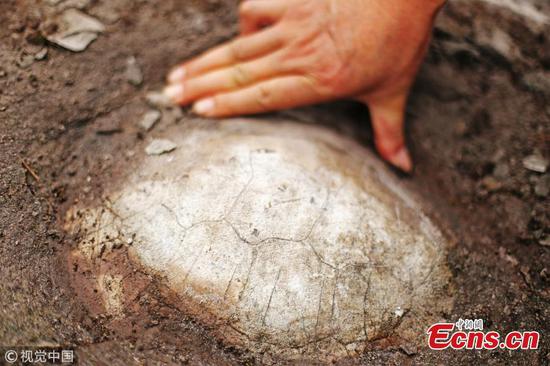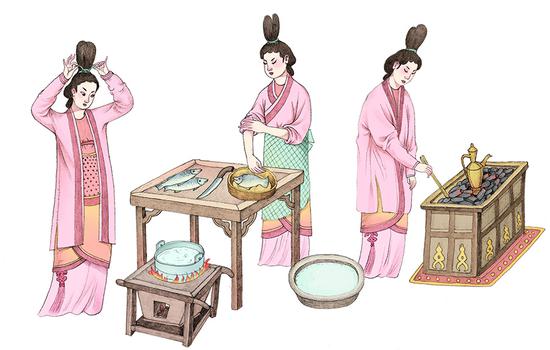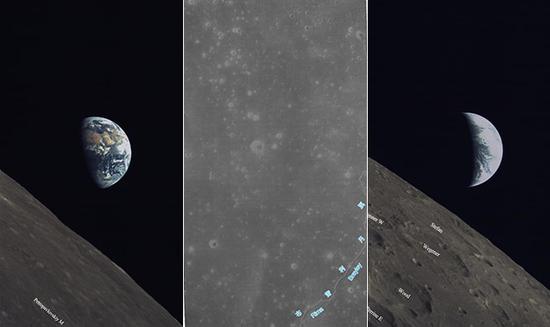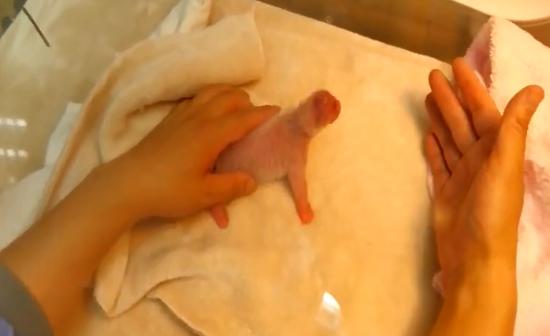American and Chinese scientists have developed droplet-sized "mini-ecosystems" that can quickly see if a molecule can function as a potential therapeutic.
The study published on Monday in the journal Proceedings of the National Academy of Sciences described the new method that allowed researchers save critical time and funding by simultaneously testing how could drug candidates bind to their cellular targets and alter cell function.
The method was building on antibody phage display, a technology that scientists could use to label and test antibodies for their ability to bind to a biological target.
But in the vast group of antibodies with a binding affinity for the disease target, there may be only a few antibodies that have the right biological functions. Testing these antibodies for function adds time and expense to the drug discovery process.
The new mini-ecosystem method can test for affinity and function at the same time, according to scientists from Scripps Research in the United States and from ShanghaiTech University, Peking University and the University of Hong Kong.
The mini-ecosystems are held in droplets the size of a picoliter, or one-trillionth of a liter. In these cramped quarters, the researchers brought together a mammalian cell and E. coli bacteria.
The bacteria produce phage that serve as carriers for antibody drug candidates. These antibodies on phage surface can interact with the mammalian cell in the same system.
The mammalian cell in the droplet is engineered to express a fluorescent protein if properly targeted by an antibody.
This means that in one step, scientists can test antibody affinity and function, potentially making drug discovery more time- and cost-effective.
"Co-cultivation of mammalian and bacteria cells in mini-ecosystems makes it possible to select functional antibodies directly with phage display," said Zheng Tianqing, postdoctoral associate at Scripps Research and the paper's first author.









